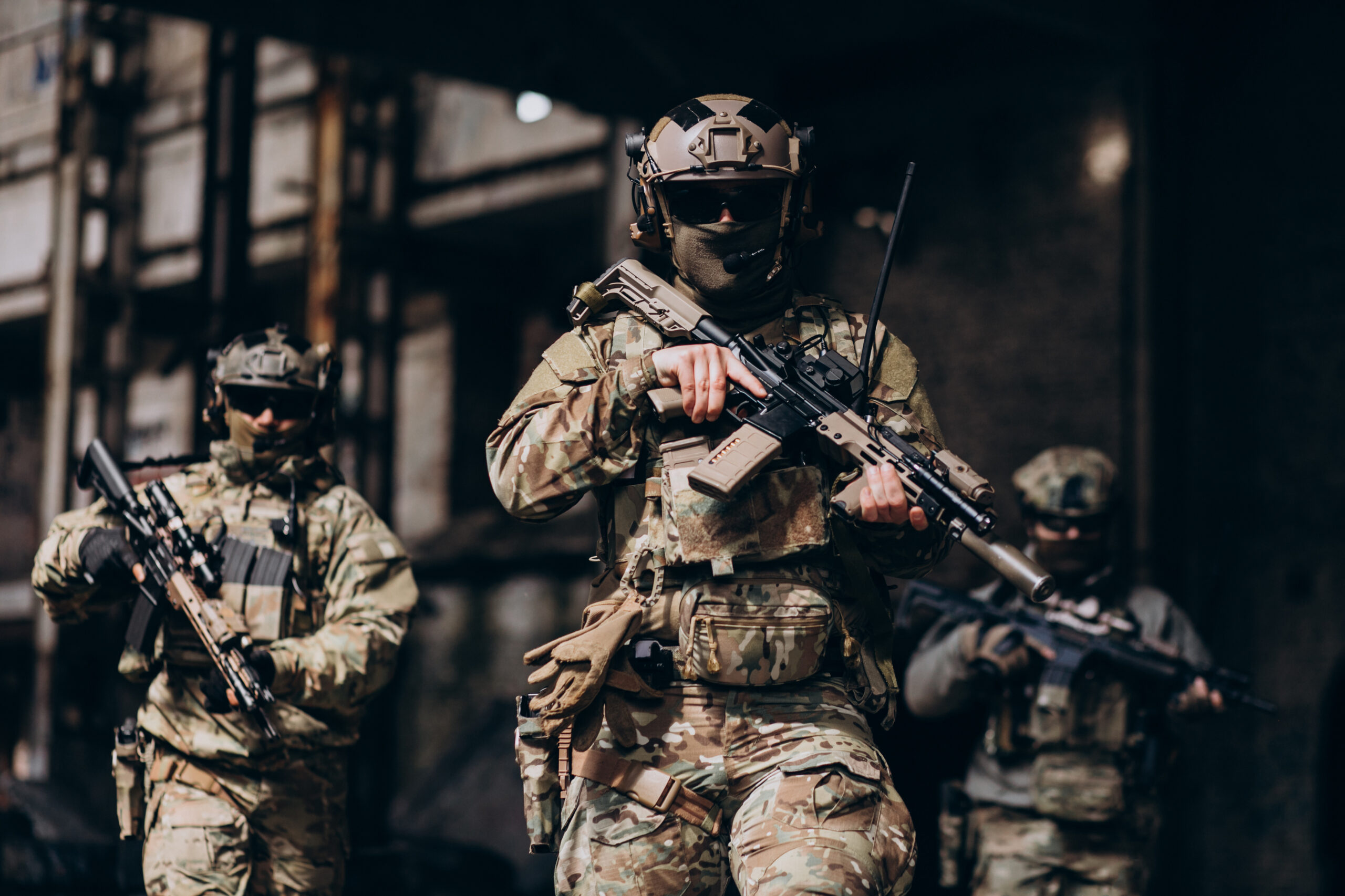
Fit for Duty: Addressing the Military's Call to Health in the Face of Rising Obesity Rates
Maintaining optimal physical fitness is not only a personal commitment for military members but also an essential requirement for the readiness and effectiveness of the armed forces. The need for military personnel to stay fit and within healthy weight parameters is deeply ingrained in the principles of national defense. However, as the rates of obesity in America continue to rise, the military faces a dual challenge of upholding its standards while navigating a societal health crisis.
The Military’s Commitment to Fitness
Physical fitness is a cornerstone of military culture. The demanding nature of military duties requires a high level of endurance, strength, and overall well-being. From basic training to active duty, service members undergo rigorous physical training to ensure they can perform their duties effectively, whether in combat situations or other critical assignments.
Maintaining a healthy weight is integral to this commitment. Excess weight can compromise mobility, agility, and overall physical readiness, directly impacting a service member’s ability to meet the demands of their role. As such, military personnel are held to specific body composition standards, emphasizing the importance of staying within a healthy weight range.
The Health Crisis: Rising Obesity Rates in America
Conversely, the broader American population is grappling with a growing obesity epidemic. According to the Centers for Disease Control and Prevention (CDC), the prevalence of obesity in the United States has risen steadily over the years. This trend has far-reaching implications for public health, as obesity is linked to an increased risk of chronic conditions such as heart disease, diabetes, and certain cancers.
The military, being a microcosm of society, is not immune to this health crisis. Service members, like the general population, may face challenges in maintaining a healthy weight due to various factors, including lifestyle, diet, and stress. The intersection of military service and the prevailing societal health trends highlights the need for proactive measures to address and counteract the impact of rising obesity rates.
The Importance of Military Fitness Programs
Recognizing the critical link between physical fitness and operational readiness, military branches have implemented comprehensive fitness programs. These programs encompass regular physical training, nutritional education, and health assessments to ensure that service members not only meet but exceed the established fitness standards.
Beyond the immediate impact on individual readiness, these programs play a crucial role in fostering a culture of wellness and resilience within the military community. They serve as a preventive measure against obesity-related health issues and contribute to the overall well-being of military personnel.
Bridging the Gap: Holistic Approaches to Health
As the obesity rates in America continue to rise, bridging the gap between societal health challenges and military fitness expectations becomes paramount. Holistic approaches that address both individual and systemic factors are essential. This includes promoting healthy lifestyle choices, providing mental health support, and creating environments conducive to physical well-being.
Moreover, recognizing the unique challenges faced by military members, particularly during deployments or demanding assignments, is crucial. Implementing strategies that support healthy habits in these situations contributes to sustained fitness levels and resilience.
Conclusion: A National Duty to Health
The need for military members to stay fit and within healthy weight is not just a military requirement but a national duty. As America grapples with the obesity epidemic, the military serves as a beacon of discipline, emphasizing the importance of physical fitness in the face of evolving health challenges. By addressing the societal roots of obesity and implementing proactive fitness programs, the military can continue to lead by example, fostering a culture of health and readiness that benefits both service members and the nation as a whole.


